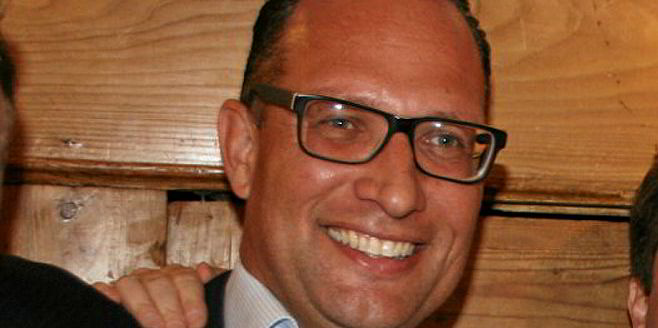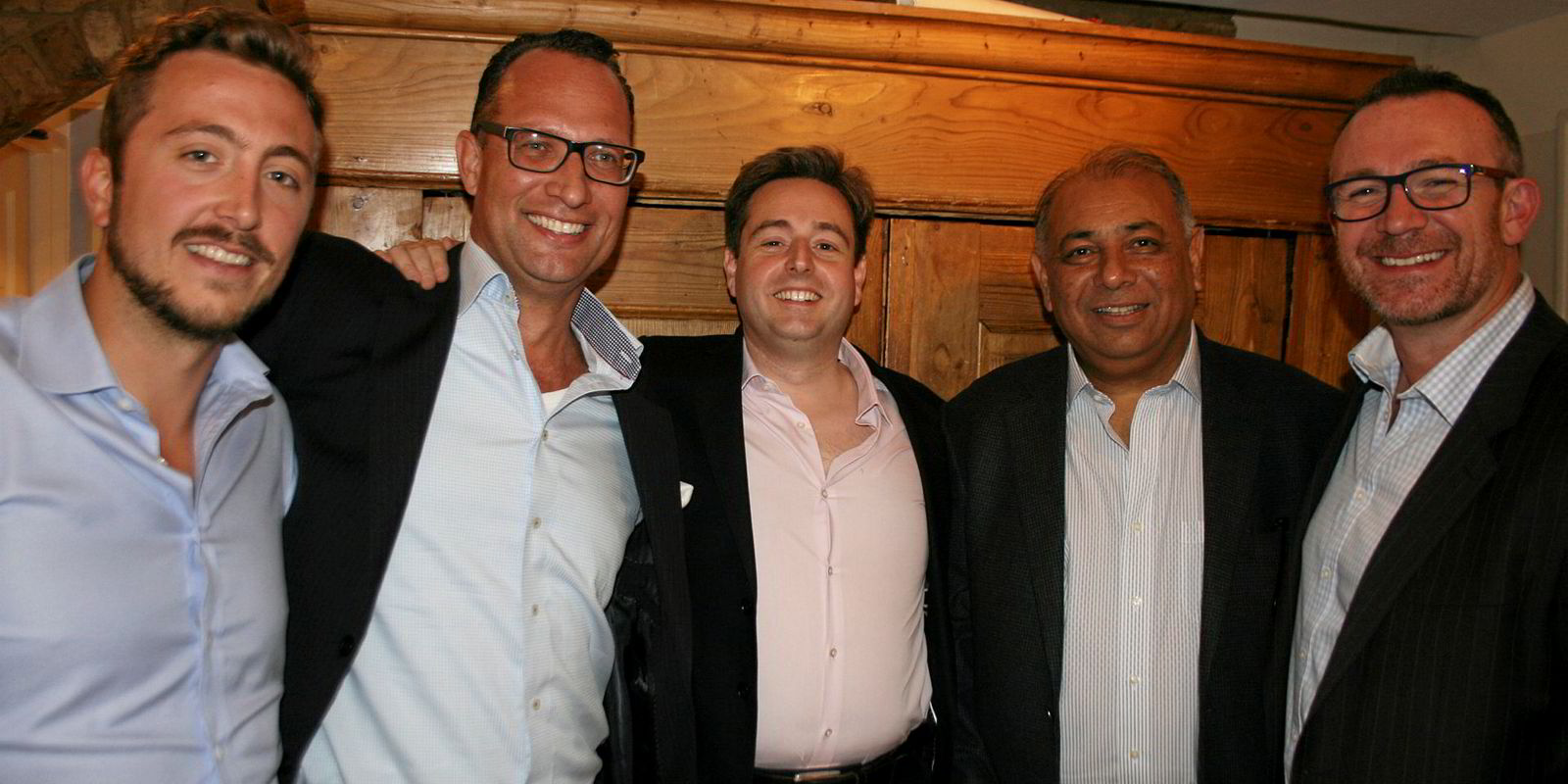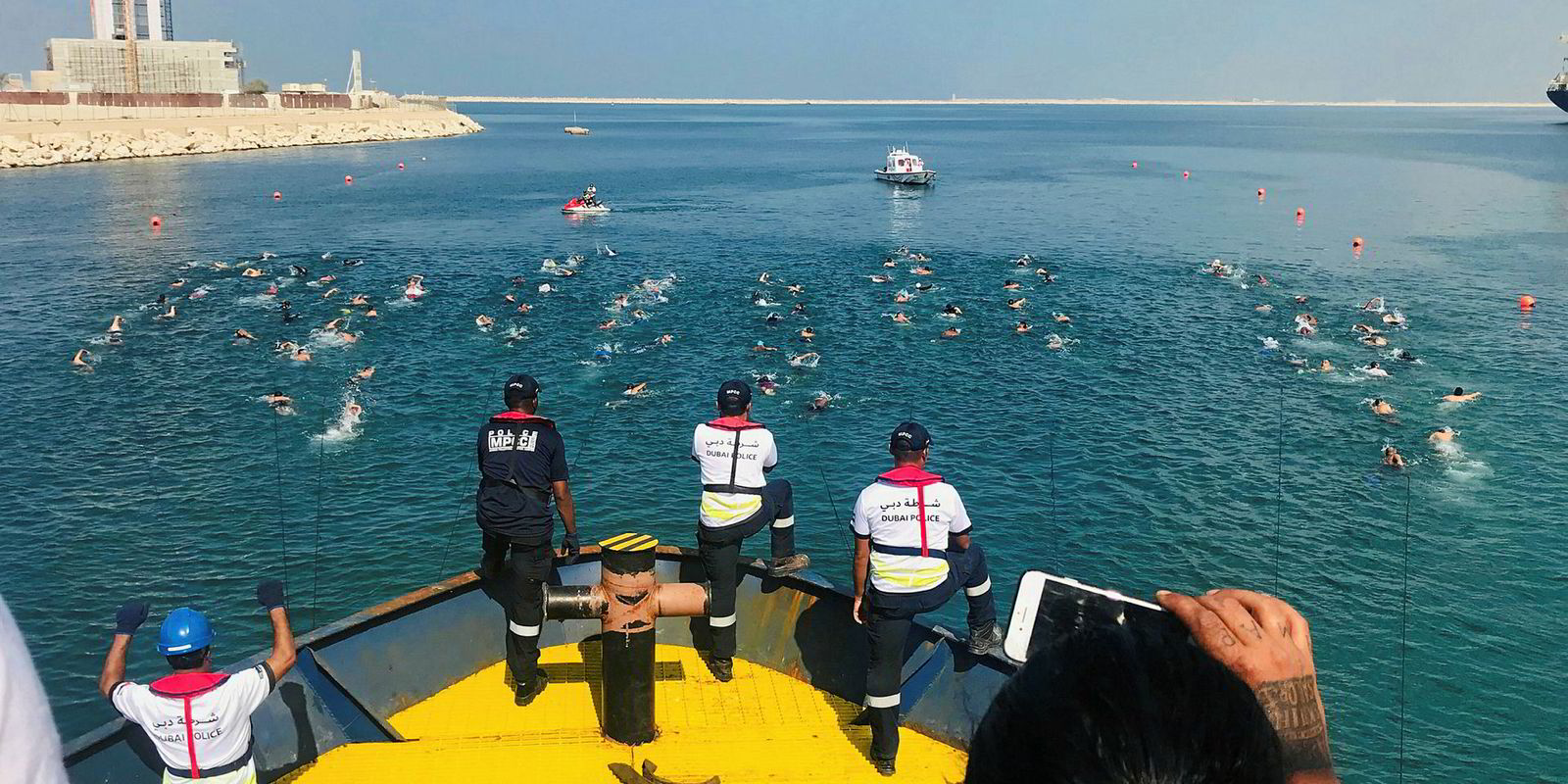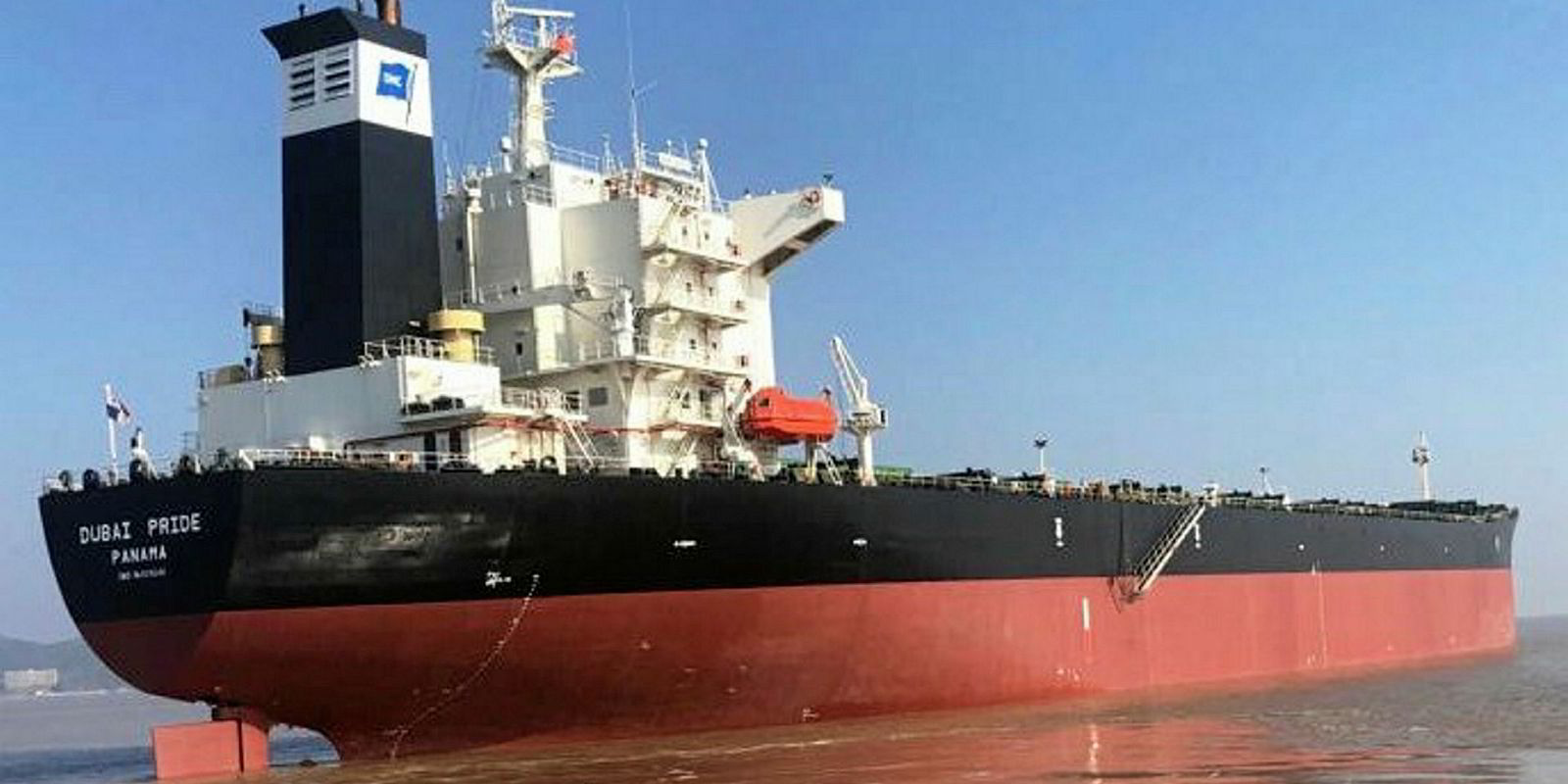Having worked across various shipping segments in different countries, Lars Juul Jorgensen has landed in the United Arab Emirates to lead the Lakhani family’s shipowning outfit, Dubai Navigation.
He is finding the market tides are changing as quickly as ever, not least due to the incoming IMO 2020 sulphur cap — and he is embracing the change.
“My father was in shipping for 45 years, and he, apart from in the 1980s, never saw the extremes I have seen,” Juul Jorgensen tells TradeWinds. “There is another extreme coming up in 2020 ... There is requirement to move faster.”
The industry veteran warns that market participants should be cautious when using freight models — which tend to use past factors to predict the future — and leave room for optimism.
'Positive time'
“Nothing is what it’s used to be," he says. "It’s a different game now. I think it’s a positive time to get involved as there are a lot of opportunities.”
Juul Jorgensen began working in shipping aged 19. In the past 25 years he has worked for Tsakos group, Torm, Quintana Maritime, Excel Maritime Carriers, Maersk Broker, and SSY among others firms in the UK, Denmark, Hong Kong, Norway and Greece.
Before joining Dubai Navigation last year, he was managing director at Lorentzen & Stemoco (Athens).
“I have never had a problem in changing from a broker to a shipowner, or to a charterer," he says. "I have done those throughout my career.”
Juul Jorgensen says the roles are “all intertwined and very much related”.
“Equally, each of them has very interesting aspects to it,” he says.
What is his advice to the highly competitive shipbroking industry that he just left?
Double broking squeeze
“As a chartering brokerage, you have to be cargo based," Juul Jorgensen says. "You cannot survive only as a broker representing tonnage ... then go to another broker on the charterer side. Going forward, there will be less room for double broking.
“You focus on charterers’ needs and, whenever charterers need coverage, you go to the market.”






